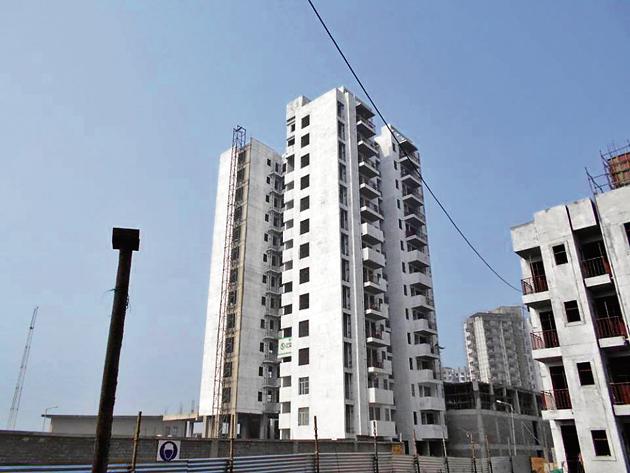Budget 2017: A ‘surgical strike’ on investors?
Budget 2017 seems to be discouraging investors from building a residential portfolio for long-term wealth creation by giving limited incentive for continuing to give their house on rent
Budget 2017 has a number of positives for the housing sector. Property prices could finally be rationalised as investors will be discouraged from holding on to a property for long and from investing in more than one property for rental income.

Investors will have to now pay capital gains tax after two and not three years. Those buying more than one property for rental gain also stand to lose as tax breaks for home loan interest on rented homes have been capped at `2 lakh a year. Until now the full interest amount was eligible for deduction against the gross income of the buyer.
Take the case of a homeowner. He pays Rs 5 lakh interest annually at 10% on a Rs 50 lakh loan for a Rs 1 crore property. If he gets a rent of Rs 2.4 a year, he could earlier show a loss of Rs 2.6 lakh (Rs 2.4 lakh minus Rs 5 lakh) and set it off against other specific income categories and carry it over for seven years (loans previously could be set off for seven years). Now the limit has been capped at Rs 2 lakh – no losses can be claimed beyond this.
Limiting holding period for property to two years instead of three will discourage investors wanting to make long-term gains. Profits made from sale of property after two years will be taxed at 20% after indexation (adjusting purchase price of property with inflation).
These proposals are likely to help rationalise prices in the resale market. “This is another ‘surgical strike’. All along, investors would park their unaccounted for wealth in buying houses and show the rental income received as a loss. This will now stop,” claims Pankaj Kapoor, MD, Liases Foras.
These two new budget provisions may also encourage investors to buy affordable properties with cheap loans to fully utilise the newly proposed Rs 2 lakh set-off limit, say experts. So, let’s take a Rs 20 lakh property for which a loan of Rs 15 lakh has been taken at 9%. The owner incurs a loss of Rs 87,000 on this property as he gets a rent of Rs 48,000 a year and has to pay interest of Rs 1.35 lakh a year. This loss can easily be set off against certain specified income categories as the limit has now been capped at Rs 2 lakh.
“Budget 2017 seems to be discouraging investors from building a residential portfolio for long-term wealth creation by giving limited incentive for continuing to give their house on rent. It has also nudged investors to hold a property for lesser time by reducing the holding period from three years to two years. Now investors will be motivated to consider the two-year horizon and reduce tax incidents and not exit after 11 months after booking profits. Also, with the capital gains tax threshold reduction to two years combined with the after effects of demonetisation, resale transactions would see larger volumes of all-white consideration,” says Anckur Srivasttava of GenReal Advisers.



